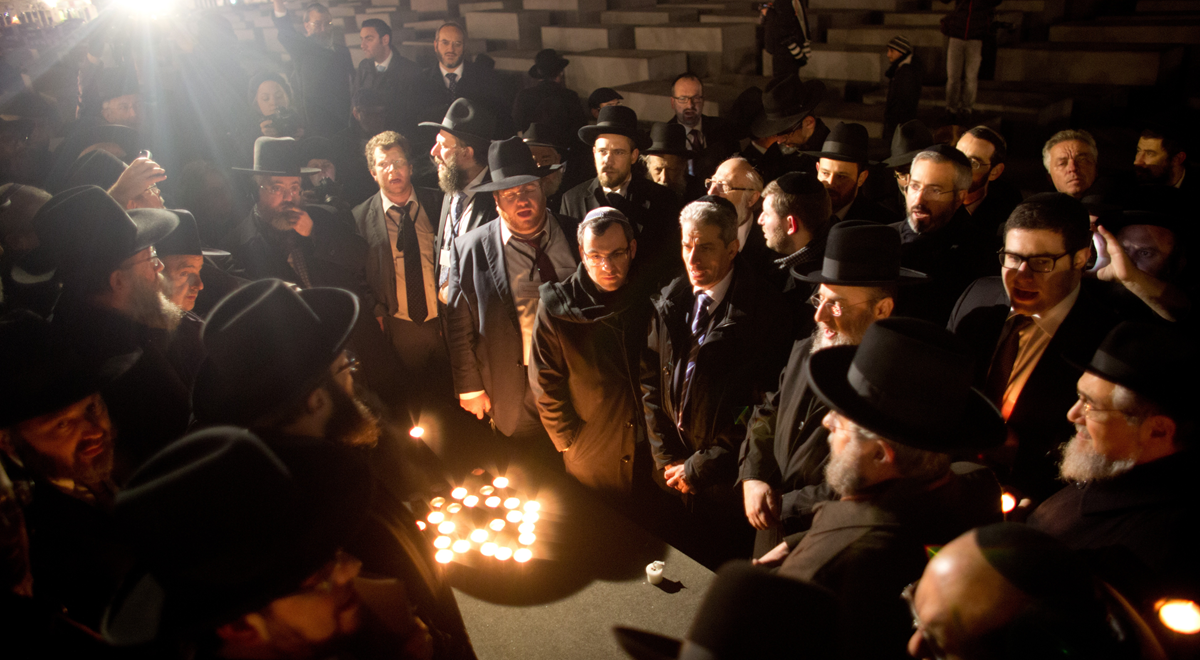The European Rabbis Conference, scheduled to be held in Sarajevo from June 16 to 19, was canceled due to security concerns following numerous threats and antisemitic statements by some public figures in Bosnia and Herzegovina. Organizers expressed shock over the last-minute cancellation of reservations at the Swissotel hotel in Sarajevo. The event sparked controversy, with some officials, such as Adnan Delić from the Narod i Pravda party, publicly opposing the conference being held in the capital of BiH. Local media covered an anti-Jewish campaign with threatening messages on social media. The president of CERA, Rabbi Pinchas Goldschmidt, called the cancellation shameful and warned of violations of fundamental rights and freedoms in BiH, calling for a ban on Bosnia and Herzegovina’s accession to the European Union due to this treatment. The conference was relocated to Munich, Germany. The topic has sparked broader debate on antisemitism, freedom of religion, and interfaith cooperation in the region.
Political Perspectives:
Left: Left-leaning outlets emphasize the antisemitic nature of the threats and statements that led to the cancellation, highlighting the dangers of rising intolerance and hate speech in Bosnia and Herzegovina. They focus on the importance of protecting minority rights, freedom of religion, and promoting interfaith dialogue. The criticism is directed at local officials who opposed the event and the broader societal issues of antisemitism and discrimination.
Center: Centrist sources report the facts of the cancellation, noting the security concerns and the controversy surrounding the event. They present statements from organizers and officials, providing a balanced view of the incident. The focus is on the implications for Bosnia and Herzegovina’s image as an open and tolerant society, and the impact on its European integration aspirations.
Right: Right-leaning media may highlight the political and social tensions in Bosnia and Herzegovina, possibly framing the cancellation as a failure of local authorities to maintain order and protect religious freedoms. They might emphasize the role of certain political figures opposing the event and critique the local government’s handling of the situation. Some may also discuss the broader geopolitical implications, including relations with Israel and the EU.






























